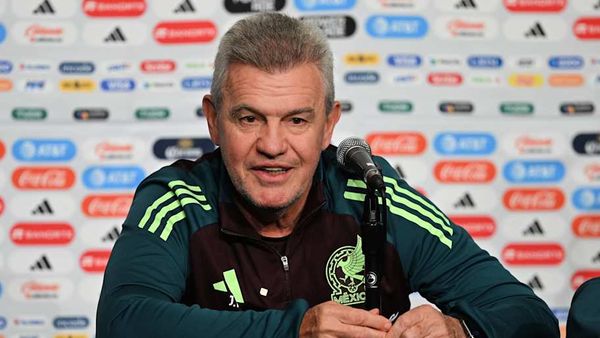Eli Lilly stock dipped Friday after the Food and Drug Administration unexpectedly rejected its request for an accelerated approval of its Alzheimer's treatment.
The company based its application on midstage test data showing its drug, dubbed donanemab, clears built-up plaque in the brain known as beta amyloid. Beta amyloid is a hallmark of Alzheimer's disease and Biogen has already secured two accelerated approvals for drugs that remove it.
Lilly says its drug removes beta amyloid so quickly that some patients only received donanemab for six months. But the FDA wants test results for 100 patients who've received the Alzheimer's treatment for at least a year. Now, Lilly says it's waiting for the results of a final-phase study in the second quarter before asking for a traditional approval.
Analysts defended Eli Lilly. UBS analyst Colin Bristow called the FDA decision a "best case" rejection. The overall approval time has now been pushed out two to three months, he said in a note to clients. But that should line up with an update from the Centers for Medicare and Medicaid Services on reimbursement for anti-beta amyloid approaches to Alzheimer's treatment.
"While we expect a modest negative stock reaction, with the above in mind, we would view this as a buying opportunity given Lilly's Mounjaro and GGG (in diabetes and obesity treatment) remain key drivers of our buy thesis, with Alzheimer's being a nice-to-have vs. a need-to-have," he said.
On the stock market today, Eli Lilly stock slid 1.4% to close at 346.07. Biogen stock jumped 2% and ended the regular session at 285.77. Shares of Biogen's partner, Eisai, added 1.3% to 65.95.
Eli Lilly Stock: Trailing Biogen
The battle in Alzheimer's treatment continues to heat up after Biogen snagged approval for Leqembi earlier this month.
Leqembi is Biogen's second Alzheimer's drug to gain accelerated approval behind Aduhelm. Aduhelm isn't broadly used, however. The Centers for Medicare and Medicaid Services said Biogen hadn't proved the cognitive benefit of removing beta amyloid, and declined to offer broad reimbursement for Aduhelm.
Biogen is hoping that won't be the case for Leqembi which, over 18 months, slowed cognitive decline in early-stage Alzheimer's patients by 27% vs. placebo recipients. Biogen and Eisai also hope to convert their accelerated approval to a traditional FDA approval, based on an already complete Phase 3 study.
William Blair analyst Myles Minter says the delay doesn't impact the overall competitive landscape in Alzheimer's treatment. Biogen and Eisai will likely soon ask Medicare officials to reconsider their position on covering Alzheimer's treatments, with their sights on full reimbursement for Leqembi. That will kick off a nine-month process, though the timeline could be expedited.
"We now anticipate a slight delay for donanemab to potentially enter the market (now in 2024) but ultimately the CMS revisiting the currently restrictive NCD [national coverage determination] to procure broader reimbursement will be the major hurdle for the anti-amyloid drug class," he said in a report.
Safety Remains Consistent
Eli Lilly stock ran higher in 2022 on expectations for its Alzheimer's treatment and obesity drug. The Alzheimer's drug, donanemab, removes beta amyloid faster than Biogen's medicines.
Lilly notes it had more than 100 patients enrolled in its Phase 2 Alzheimer's study. But they didn't all need a full year of treatment. At six months, 40% of patients who received donanemab had undetectable levels of beta amyloid in their brains. At a year and a year-and-a-half, a respective 60% and 76% of patients were beta amyloid-free, SVB Securities analyst David Risinger said in a report.
Lilly says the safety profile of donanemab has remained consistent since its initial filing. Donanemab — and other beta amyloid-removing drugs — have been tied to instances of swelling in the brain known as amyloid related imaging abnormalities, or ARIA. Patients can experience no symptoms. But it can also lead to more serious complications for some patients.
Importantly, Lilly says the FDA action doesn't impact its 2023 outlook. For the year, the company calls for $30.3 billion to $30.8 billion in sales. It also expects to launch up to four new drugs, including donanemab in Alzheimer's treatment.
Eli Lilly Stock Has A High Rating
Eli Lilly stock remains highly rated with an IBD Digital Relative Strength Rating of 88. This puts Lilly shares in the top 12% of all stocks when it comes to 12-month performance.
Shares are currently forming a flat base with a buy point at 375.35, according to MarketSmith.com. On a bearish note, Eli Lilly stock has slipped below its 50-day moving average.
Follow Allison Gatlin on Twitter at @IBD_AGatlin.







